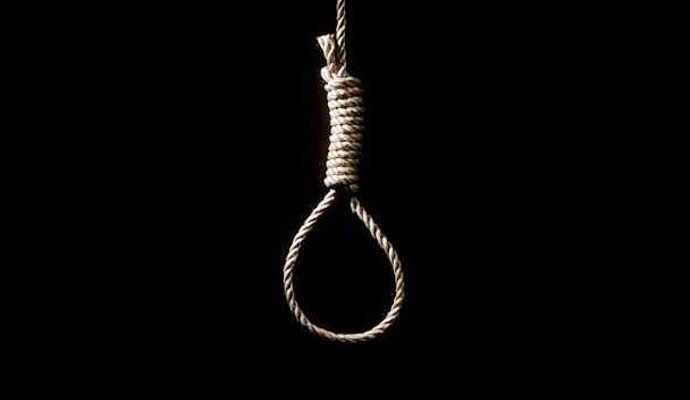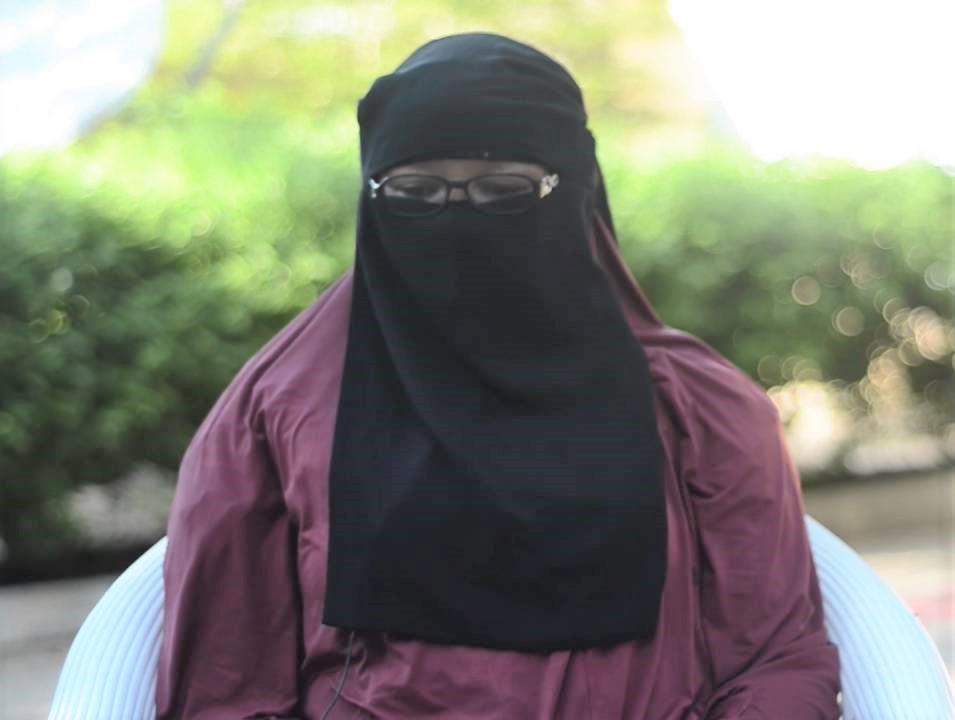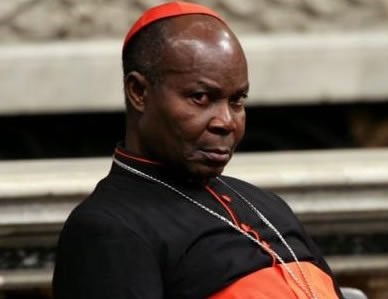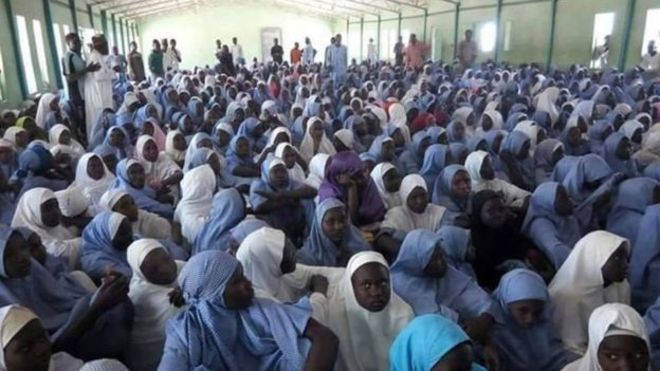The politics of insecurity and possible solutions.
Every government must consider the security of the country. That is just part of the responsibilities of any government. But true security can only come out of unity within a country where there are so many ethnic nationalities. ~Aung San Suu Kyi I had purposely refrained from writing on the RUGA madness that recently engulfed the polity for two reasons. Firstly, nobody has ever apprehended the cattle left behind by the killer Fulani herdsmen because it’s hard to believe that they disappear into the thin air with the herd. Two, I suspected the whole idea to be a ruse, a smokescreen to distract Nigerians from the impending petroleum subsidy removal by the government — and yes political distraction is a strategy in governance — Allow me to quickly digress with a brief background before we proceed. As a student at the University of Maiduguri, I observed that the Igbo building material traders in collaboration with their host community had a security outfit. My own hometown has a Hausa community with a polling unit. They have a security outfit which cooperates with our local vigilante and the police. I have employed more than ten guards from them over the years. And after the infamous 2016 Nimbo attacks, a friend from Nimbo whom I called to get a better picture of what actually transpired revealed that the Fulani community in there owned a large settlement and had been engaged in economic activities in the area dating back to the colonial era. The above examples of teamwork were ostensibly for crime prevention and peaceful coexistence. Fast forward to 2019 and the Fulani tribe has been so stereotyped that almost everything wrong with Nigeria now is associated with the Hausa-Fulani hegemony. It got so bad that the 2017 massacre inside a Catholic church in Anambra state was initially reported on social media as an attack by Fulani terrorists. So one can rightly say that Nigeria has completely lost any semblance of innocence that existed. With our common fault lines amplified, mistrust, suspicion and resentment have become malignant. and the government is aware of this. It is, therefore, conceivable that it deliberately introduced RUGA into the national space to elicit wearying outrage before a planned subsidy removal. Now let’s discuss the present issue. With the election behind us, the insecurity is mounting as predicted. Across the nation, we have escalating cases of banditry, kidnapping, violent Shiite protests and of course the most popular ‘Fulani herdsmen’ attacks, which have resulted in an incalculable loss of lives. And this assessment is only going by the reports that make it to the news. Nigerians are slaughtered on an hourly basis by criminals including those in uniform who are supposed to protect them. Vice President Osinbajo recently came under severe criticism for suggesting that the reports of kidnapping across the land were often exaggerated especially on social media. Of course, he spoke the truth. The proliferation of cheap communication tools has aided this magnification. Ignorant Nigerians who cannot perform a simple google search are hired to broadcast fallacies concocted by politicians and their agents. Afterall there was no WhatsApp when kidnappers were paid tithes in Aba and luxury buses travelled with police escorts. But was that the right thing for the nation’s number two man to say at a period we are daily bombarded with live videos of kidnapping and other forms of violence? The answer is an emphatic NO! Perception is crucial in governance. You may not be doing the right things, but saying the right things will often get you by. Our soldiers are constantly on the receiving end of deadly attacks. In early February the town of Rann in the Borno state lost 60 lives to Boko Haram terrorists and in the same month, a band of yet to be identified gunmen invaded a community in Kaduna state killing 130 people. Nobody is safe anymore except perhaps the politicians themselves surrounded by a retinue of security operatives. But their relatives are not spared, they feel the torment like other Nigerians. In the past week, gunmen murdered Fasoranti’s daughter as she travelled to Lagos from Akure, gunned down an uncle of the infamous Senator Abbo and abducted his stepmother. Not even President Buhari’s family has been spared as his inlaw was only rescued last week after two months in captivity. These are perilous times and must not be allowed to fester. So Osinbajo and indeed the government as a whole are expected to proffer solutions, solutions and solutions only. Will the recent killing of Mrs Funke Olakunrin prove to be the tipping point? Time will tell as events unfold. However, the poignant issue in this orgy of violence and also a stimulus for the strong opposition against this government is that the perpetrators literally get away with it — even when it may not be so — except when a prominent person is involved. Again, this has to do with my earlier point on perception. Already, the tempo of the rhetoric is increasing. Obasanjo who personally directed and defended the decimation of Odi and Zakibiam has already inked another letter calling for an end to the killing by ‘herdsmen’. Odumakin the disgruntled Buhari gofer is screaming Islamisation while Femi Fani Kayode who could be Yoruba, Biafran or Fulani depending on who is oiling his flute at the time is shouting ‘Fulanisation’ and calling on the Aare Ona Kakanfo to start beating the war drums. It is only the amnesiac that will take this trio seriously in their macabre but banal dance. But since Nigerians are often impressionable it would be proper for the authorities to check these outbursts before we are plunged into a spiral of reprisal attacks, because as Nyerere once noted: “the people who are politically and intellectually bankrupt normally seek refuge in ethnicity and religion as a major factor of mobilisation”. The government must be wary not to treat this potent factor with levity. The pertinent questions our security agents should tackle after apprehending the culprits are; How Yinka Odumakin who







